It’s no secret, I am involved with a thousand projects at once — whole seasons of bookcovers, crazy side projects, portfolio reviews, cons, teaching. It’s safe to say I get a lot done. One of my superpowers is big projects on killer deadlines. When push comes to shove, I get a massive amount of work done. (I’m not bragging, there’s a point here.)
I am great at big efforts over a short time. The flip side of that skill is that I am crappy at small efforts over a long time. Losing weight, working out, organizing and digitizing files, paperwork in general…I suck at all of that. I am not great at long-term sustained discipline. I mean those tasks that you have to do a little at a time over a LONG time that add up to a significant effort.
So the last few months I’ve been consciously learning about habits. Because that’s how you achieve big things over a long time, by making something a habit. If you can set up the proper habits, and stick to them, you can be healthier, be more productive, save money, train to achieve pretty much anything you want. So I’ve been learning to hack my habits, and I want to share some of the best resources I’ve found with you:
THE book you have to read on habits. Not only the science of forming and keeping habits, but also a ton of examples that I found extremely applicable to art and marketing. The book is broken up into 3 general parts: 1—The science of habits, 2—Examples of how habits have altered history and commerce, 3—How to apply the science of habits to achieve your own goals.
Duhigg is great at breaking things down simply, and he really knocks it out of the park with his diagrams throughout the book. Really helpful to us visual folk.
And the author is so confident about his material that he pretty much gave the most important bits away online, knowing he’ll hook you into reading the rest. Read “How Habits Work” on his site.
And then check out the awesome How to Change A Habit flowchart below.
The Stanford Marshmallow Test (not to be confused with the Stanford Prison Experiment but just as merciless) was an experiment done with pre-school kids. They were given one marshmallow and told they could eat it now, but if they waited they could have two marshmallows. It was a test of self-discipline, and to the surprise of the scientists, it predicted the kids’ life success rates for the next 40 years. Walter Mischel spent the rest of his career refining and repeating the test in many ways, and studying the most successful kids, and the methods they used to delay gratification. Mischel learned not only the science of how self-discipline works in the mind to delay gratification, but also the best methods to strengthening your self-discipline.
The book is not out yet, (it’ll be out 9/23. Early copies are one of the perks of working in publishing) but while you wait you can listen to an episode of Radiolab on the topic, and read a nice summary from The New Yorker.
You can also enjoy small children being tortured by marshmallows below:
[youtube https://www.youtube.com/watch?v=Yo4WF3cSd9Q]
I had read the famous Getting Things Done a while back, and although there was a lot of good info in it, I found it dated and overcomplicated. (Also, gods, that cover, ugh.) Zen to Done is pretty much the stripped-down super-simplified updated version. It’s a $3 ebook but you can also get the main points in this post. I have to give Marc Scheff a shout out for making me read this.
If you want to know how we get so much done, find yourself a pile of post-it notes, a pen, and this ebook.
Zen Habits is the blog that the book came from. I admit, it gets a little woo-woo new-agey for me sometimes, but the productivity posts are fantastic.
——-——-——-——-——-——-——-——-——-——-——-——-——-——-——-——-
So here’s my super-simplified summary: Humans like to do things that feel good. From a modern neurochemistry point of view, humans like dopamine. That’s the “reward” chemical. The problem with doing things that are good for you in the long run is that dopamine doesn’t work so well in the long-term. In other words, you don’t get dopamine when you are having a salad knowing it will eventually lead to losing weight, you get dopamine from the donut you ate when you craved it. Ok, ok, Art example: You know you should be working on the revisions on that bookcover, but you don’t get a dopamine hit from working on things you don’t feel like doing, you get a dopamine hit from putting it off and slacking on the couch watching episodes of Supernatural.
Willpower is a muscle and that muscle gets tired, as anyone who has ever stress-eaten junk food knows. You can stay in the cycle where you stick to your good habits until you get stressed out and slip, but that’s an issue of when, not if you slip. You can strong-arm positive changes with pure willpower effort, but life is eventually going to get in the way with stress and temptations. The better way to go about it is to find ways to hack your dopamine reward system to be reinforcing your good habits instead of undermining them. What you need to do is change your methods, breaking down and visualizing your goals so that you get the dopamine hits along the path to productivity, instead of along the off-ramps of distraction. The books above give you real-world methods to doing that. Habit-hacking, you could say.
Here’s a great video that explains this biochemical reward system. Simon Sinek‘s work is centered around creative businesses and leadership, which is absolutely going to be a future post, but for now, I’m linking you to this video because I love the way he breaks down the neurochemistry of dopamine and how it affects our productivity:
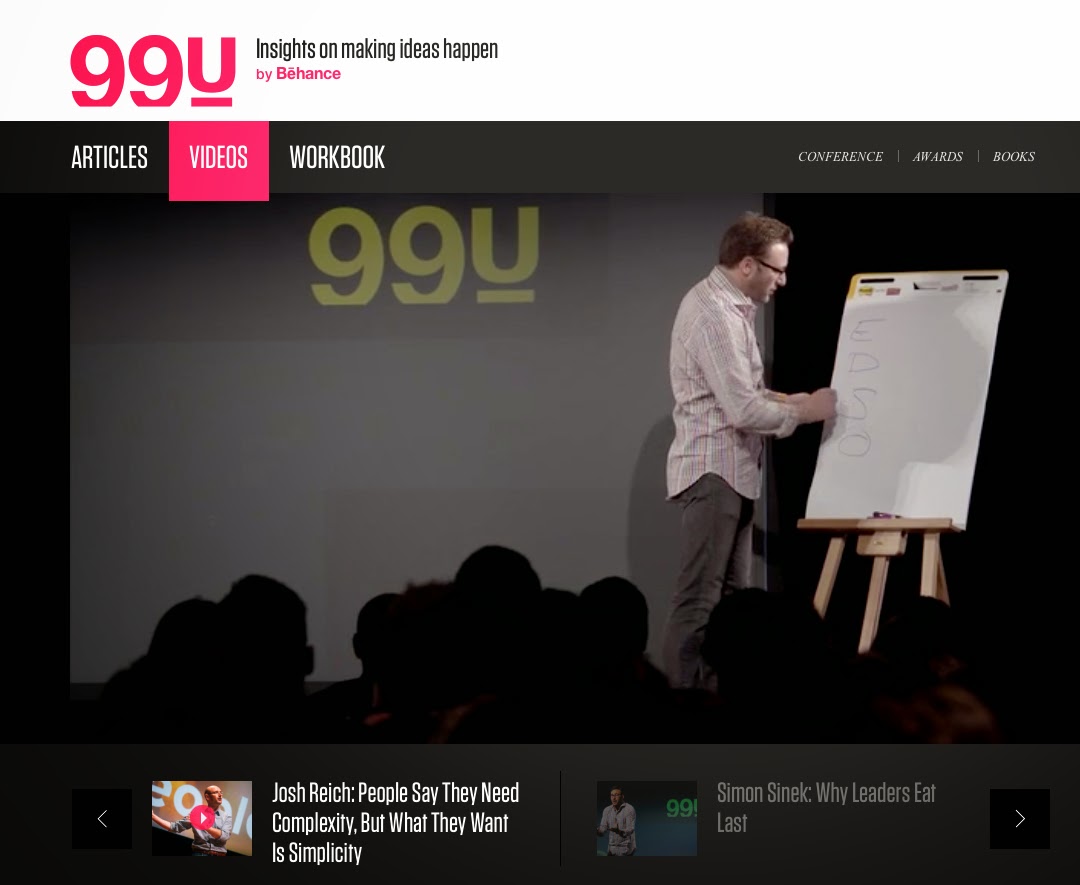 |
| Watch the whole video, but the chemical breakdown starts at 4:37 |
So, clearly I’m a work in progress, but knowing is half the battle, right? I’ll check in here with further good resources and methods I find. And please feel free to share your own in the comments…


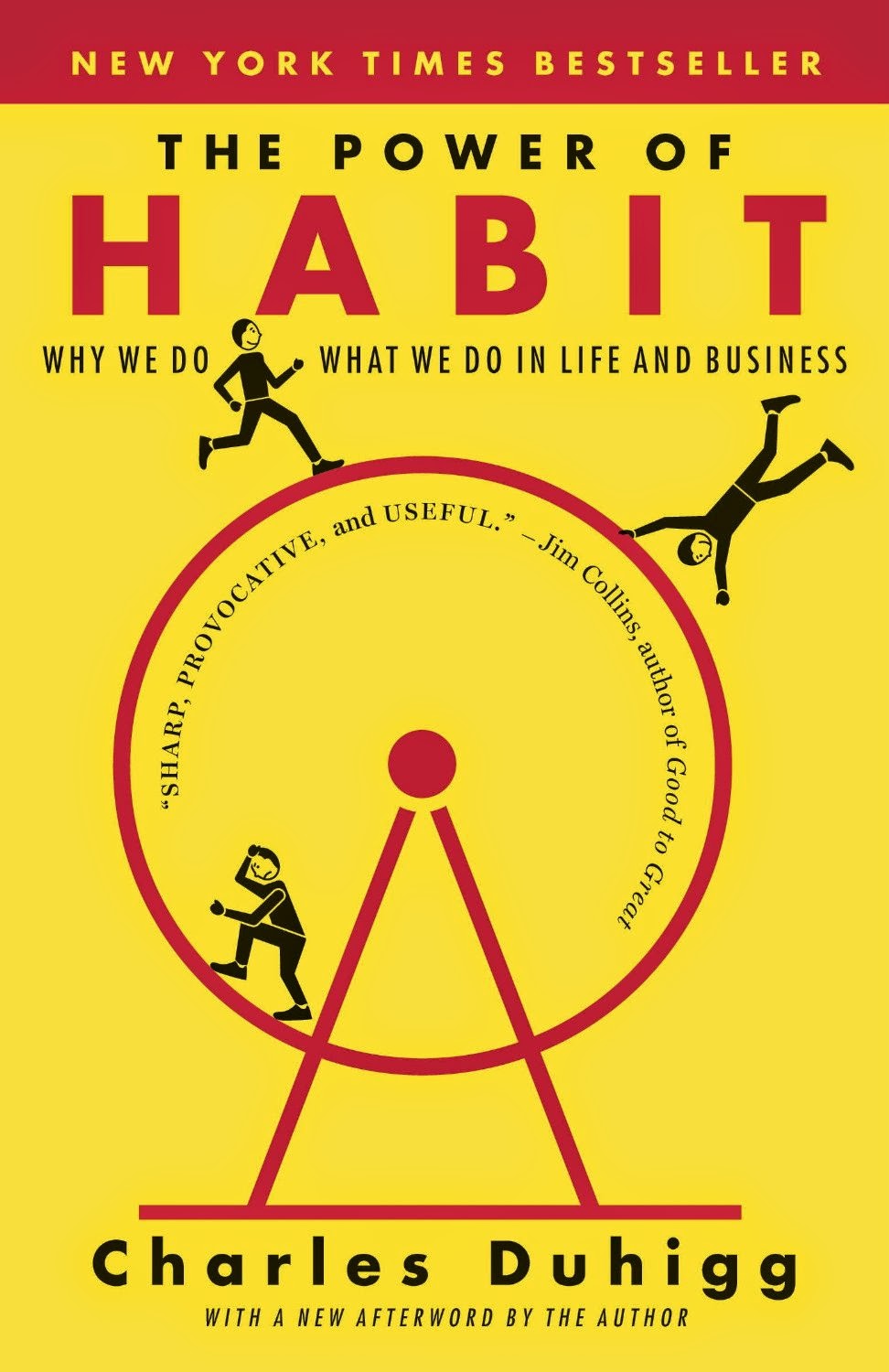
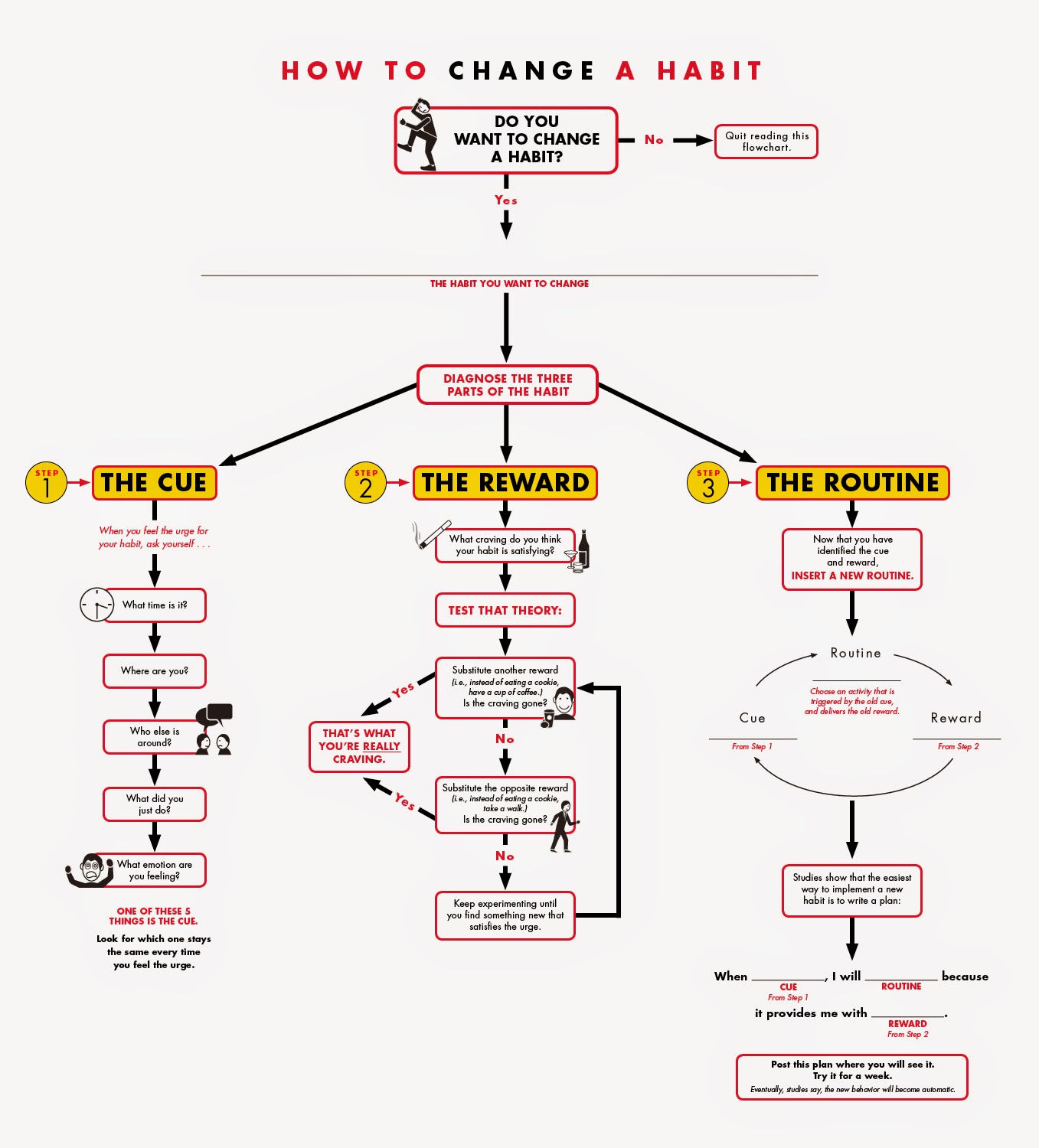
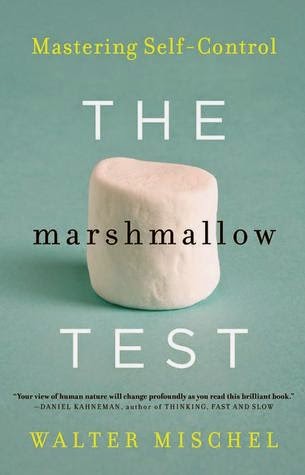




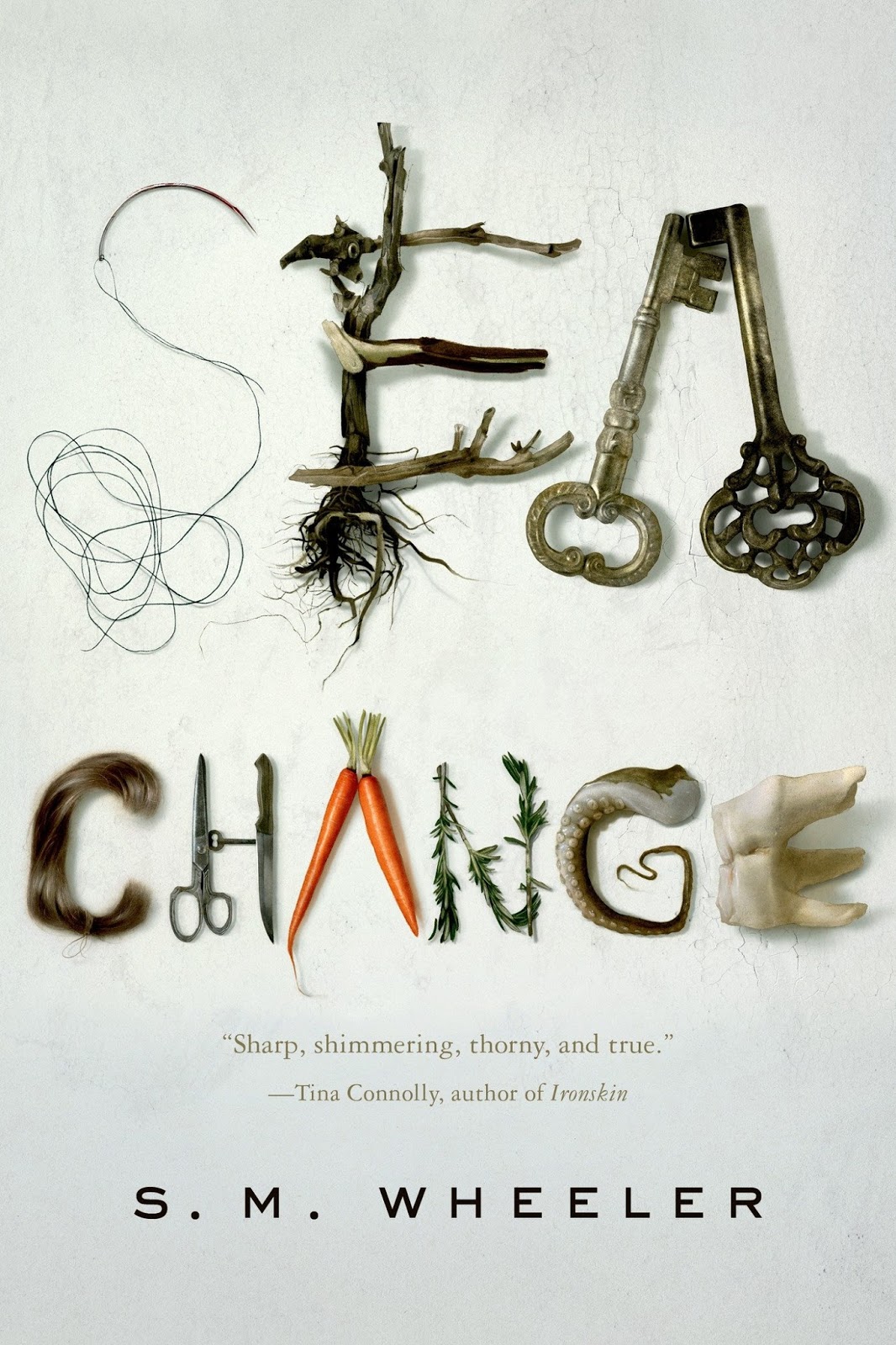

Gear oil Manufacturers CNC lubricant is prime manufacture and marketer of industrial lubricants, knitting oil, semi synthetic cutting oil, rust preventive oil, metal working fluids, hydraulic oil and CNC cutting oil.
Wow, my first comment was spam. Thats got to be a new record…
Gear Oil simply wants to lube our biochemical reward system so that it works properly. 🙂
Another great post, Lauren!
Lauren, all your posts are really good, thank you for all the work and effort you put into them. But that video of the kids is a show stealer. Cutest thing I've seen in a long time. Thanks for making my day.
Another winner Lauren! Thank you for sharing. I think if anything- this post should push me to finish the copy of Zen to Done that I got from Marc… and then use this flowchart to start a new habit for finishing non-fiction books…
Many jokes about lubrication spring to mind…none of them PG-13 rated for Muddy Colors. Lol.
I wonder how some the illustrators on here would talk about being habit-forming productivity and reward system. What daily situation does Dan need to push forward on a painting, or even get into the scenario? How do Donato or Manchess get into work-mode? What cues do they use for routine? That recent video Jesper posted on John Cleese comes to mind! I would love to know. That could be a fun update.
Allenmorris, a good motivator for developing habit-forming productivity habits – daily look at your bank balance.
First time posting on this blog but I have been an avid reader for sometime now. I want to thank all of you for this invaluable resource. It really is a treasure.
In the same vain as the post above, I want to share a quote from a ridiculously talented artist who is finally receiving some of the due he has worked so hard for. He is in many ways a perfect example of the concepts of delayed gratification. This quote, which I read last night, struck me as so very pertinent to the blog's conversation that I have to share. He will most likely hunt me down for posting it, he's a humble guy like that. I, by the way, fall into the big efforts for short periods of time category, much to my detriment at times. Perhaps that is why the quote was so startling.
The quote–
“My definition of luck: where preparation meets opportunity.”
– Neilson Carlin via text
Unsurprisingly the quote is originally attributed to Seneca, Neil has always known when to look to the greats for inspiration. Apropos, another favorite quote hanging in his studio that is relevant to the conversation is:
“Lathe Pathos” or translated means “learn through suffering.”
Lauren, I just want to offer up thanks with Jose and Kristina, whose comments succinctly express my sentiments as well.
One needs to be realistic about just how ingrained (or not) artistic habits are. Even though I work every day at a more or less set time, I recently realized what my “margin of error” is – the amount of time I can go without working before I begin to lose the habit and be less committed to it. It's a mere 36 hours.
Your mileage may vary, but for me, even though I've worked daily for a few years, 36 hours of complete inactivity is apparently all it takes for my habit to start disintegrating.
read it! it's so good…
oooh what nonfiction books do you have lined up? I always go on a tear of nonfiction after I finish a season of Orbit manuscripts (like SFF detox)
hmm I'll ask around…
Hey, glad I'm your first comment. lol. And there's some great quotes about luck out there…here's a fun list Quotes on Luck
Oh absolutely. you can't stay “on” all the time. People have a lot of success with The Pomodoro Technique
Sure enough the quote I quoted, is quoted in your quoted list of quotes.
I
The competition post had 4 of the 7 comments being spam including the 1st post 😉
I'm always working towards a goal and trying to improve my habits to achieve them and really trying to break the bad habits in the process. Ya know like spending too much time on the internet when I should be drawing or otherwise finding myself distracted. Like today, getting all paranoid about my iCloud and deleting stuff straight from it… Bad habits, no good.
So today I also deleted my short cuts and book marks to the non art related forums I waste too much time on. Trying to keep my internet browsing restricted to art so if I am not drawing then at least I am doing something related to art and learning, or something like that right…
I will wait for the paperback version of “The Marshmallow Test”.
Taking the lesson of the book before even reading the book!
Go me! 😉
In seriousness, though. This was a useful article. I have a few habits I would like to change.
Interesting tools.
This has already changed my productivity at work and my art at home. Thank you!
Thats a very nice and informative blog about COOLANT PROBLEMS. I would like to thanks to share such a great info with us.